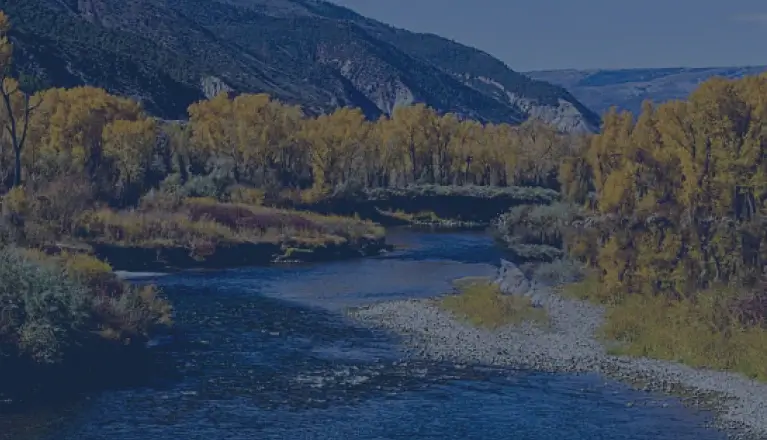Your Rights During a Police Stop in Wisconsin
Getting pulled over or stopped by the police can be a stressful experience, even if you have not done anything wrong. At the moment, you might feel unsure about what you’re supposed to do. That’s why it’s so important to know your rights ahead of time.
So, what are your rights during a police stop in Wisconsin? Fortunately, you are protected by the U.S. Constitution. Here is what you need to know so you can handle the situation.
Different Types of Police Stops
Not every encounter with the police is the same. Many times, they can fall into one of three categories:
- Consensual encounters: The officer may approach you and ask questions. However, you are free to walk away at any time.
- Investigative detentions: This may also be called a Terry Stop. In these cases, the officer has reasonable suspicion that you are involved in criminal activity. With that, they can stop you temporarily to investigate.
- Arrests: When there is probable cause to believe you committed a crime, the officer can arrest you and take you into custody.
No matter the situation, you still have rights.
You Have the Right to Stay Silent
For many people, they are familiar with the right to remain silent. You do not have to answer questions about where you are going, what you are doing, or anything else. However, you may be legally required to identify yourself.
Do you have to give your name? Yes, in certain situations. Wisconsin law says that if you are legally detained, you do have to give your name. But that is all. You do not have to explain yourself or tell your life story. Politely state your name and say, “I choose to remain silent.”
Keep in mind that you need to actually say it. Remaining silent without saying you are exercising your right can sometimes be misinterpreted as refusing to cooperate.
You Don’t Have to Agree to a Search
The Fourth Amendment protects you from unreasonable searches. Unless police have a warrant, probable cause, or consent, they cannot search your car, bag, or pockets.
Let’s look at an example involving a traffic stop. If you’re pulled over for speeding, the officer might look in the windows, but they cannot search your car unless:
- You say it is okay
- They see or smell something illegal
- You are under arrest
- They are impounding the car
If they ask to search your vehicle, you have every right to say, “I do not consent to a search.” Remember to keep calm and respectful but firm.
You Can Record the Interaction
You have the right to record police in public places as long as you are not interfering with what they are doing. That means you can record your own stop using your phone. However, you have to make sure you do not block anyone’s movement or become confrontational.
Police cannot take your phone or delete videos without a warrant.
You Have the Right to a Lawyer

If you are arrested, you have the right to speak to an attorney. The moment you say, “I want to speak to a lawyer,” all questioning must stop. You do not have to answer any more questions after that. Stay quiet and wait for your attorney to be present.
What If Your Rights Are Violated?
You don’t want to be argumentative or combative if you think an officer crosses a line. That could make the situation worse. You want to:
- Write down everything you remember as soon as you can
- Get the officer’s name and badge number
- Take note of the time, place, and what was said
- Look for witnesses or check if nearby cameras may have recorded the encounter
- Contact a lawyer right away
You can file a formal complaint with the police department or a civilian oversight agency.
Protect Your Rights During a Police Stop
Nobody wants to be stopped by the police. But knowing your rights during a police stop in Wisconsin can protect you in these situations.
If you believe your rights were violated, that could affect any charges against you. Make sure to talk to a criminal defense lawyer for an assessment of the case. At Melms Law, we can help you with these issues. Contact us today to schedule a consultation.



